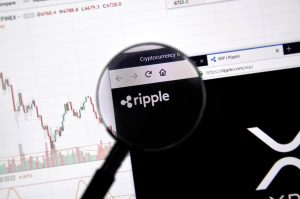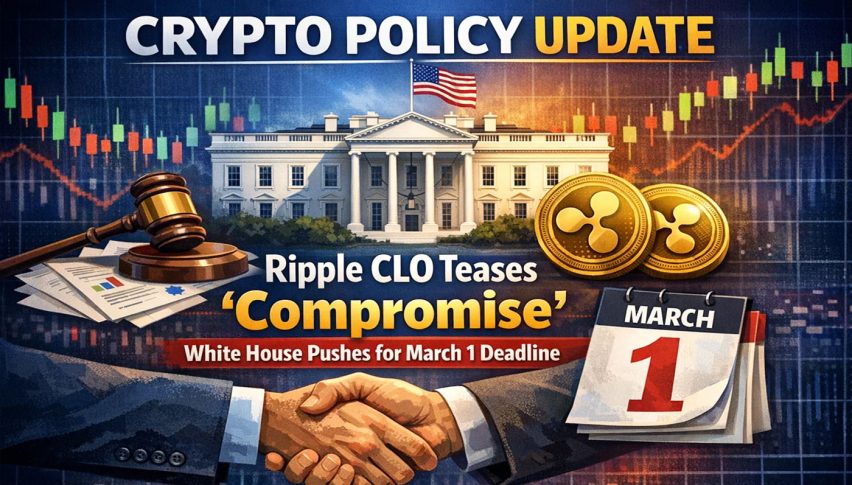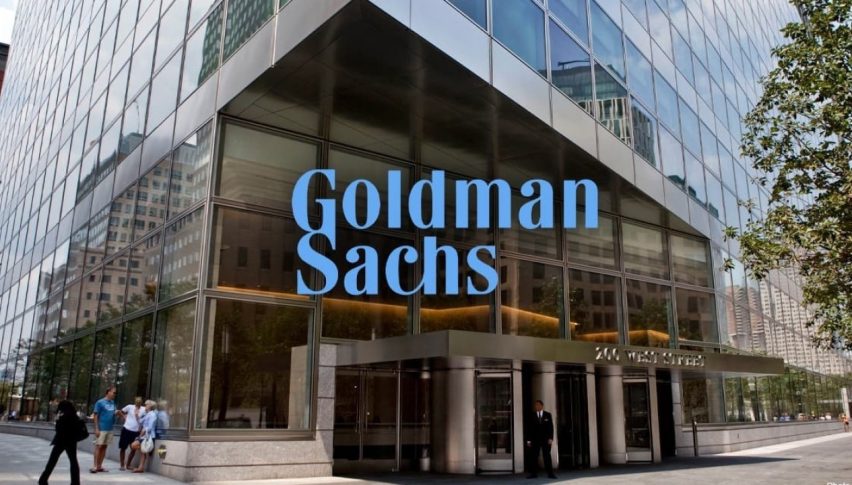XRP: Top U.S. Banks Lobby to Stop Ripple’s Banking License
The BPI, representing 42 major US banks, strongly opposed Ripple's application for a national trust bank charter from the OCC,

Quick overview
- The Bank Policy Institute (BPI) opposes Ripple's application for a federal banking license, citing regulatory concerns and insufficient public review time.
- Ripple aims to establish a federally chartered organization to offer services like stablecoin issuance and digital asset custody, but critics question its fiduciary structure.
- The ongoing legal issues surrounding XRP's classification as a security add to the regulatory challenges Ripple faces in its efforts to integrate blockchain technology into traditional finance.
- The conflict between traditional banking institutions and Ripple highlights a significant ideological divide in the financial industry regarding centralized control versus decentralized solutions.
Live XRP/USD Chart
Recent events involving the Bank Policy Institute (BPI) revealed significant opposition from traditional banking institutions to Ripple’s effort to secure a federal banking license in the United States.

The BPI, representing 42 major US banks, strongly opposed Ripple’s application for a national trust bank charter from the OCC, citing concerns about unclear regulations and limited time for public review. This situation underscores the growing divide between established financial entities and startups aiming to integrate blockchain technology into regulated frameworks.
Ripple submitted its application to the OCC to establish a federally chartered organization that could offer services such as stablecoin issuance (via its RLUSD token), digital asset custody, and direct access to the US payment system through a Federal Reserve master account.
Critics argue that the proposal lacks a traditional fiduciary structure because Ripple’s model prioritizes tokenization and digital asset management over estate or trust services. In their joint objection, the American Bankers Association and the BPI pointed out that the brief public comment period—lasting only two and a half weeks from July 16 to August 4—was insufficient to evaluate such a complex and novel crypto-based proposal.
Regulatory details are not the sole focus of the debate. As a bridge between blockchain technology and traditional finance, Ripple promotes a hybrid model that integrates digital assets within existing legal frameworks. XRP is used in its On-Demand Liquidity (ODL) service, which has attracted over 300 institutional partners globally. Despite this, industry concerns that cryptocurrency firms might bypass current banking gatekeepers and disrupt the status quo are evident in the BPI’s lobbying efforts.
The BPI’s opposition also stems from the SEC’s ongoing legal action against XRP’s classification as a security, highlighting the company’s numerous regulatory challenges.
The conflict between the BPI and Ripple reflects a broader ideological divide within the financial industry—one side seeking to uphold centralized control, and the other advocating for decentralized, technology-driven solutions.
The outcome of Ripple’s licensing effort and the BPI’s resistance could mark a pivotal moment in the growth of the cryptocurrency sector as it seeks broader acceptance within the US regulatory landscape
- Check out our free forex signals
- Follow the top economic events on FX Leaders economic calendar
- Trade better, discover more Forex Trading Strategies
- Open a FREE Trading Account
- Read our latest reviews on: Avatrade, Exness, HFM and XM



